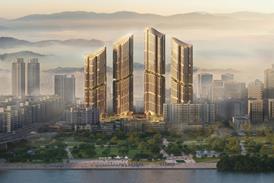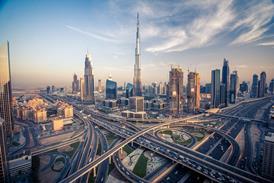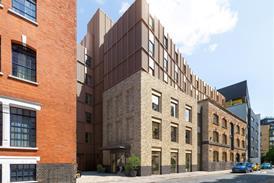- Home
 Heatherwick unveils designs for first residential project in South Korea
Heatherwick unveils designs for first residential project in South Korea Architecture practices monitoring Middle East teams as Iran conflict escalates
Architecture practices monitoring Middle East teams as Iran conflict escalates Green light for Ackroyd Lowrie’s co-living redesign of SPPARC office scheme in Bermondsey
Green light for Ackroyd Lowrie’s co-living redesign of SPPARC office scheme in Bermondsey Reuse of historic buildings dominates 2026 RIAS Awards shortlist
Reuse of historic buildings dominates 2026 RIAS Awards shortlist
- Intelligence for Architects
- Subscribe
- Jobs
- Events

Events calendar Explore now 
Keep up to date
Find out more
- Programmes
- CPD
- More from navigation items
Khan commits to ending rough sleeping in London by 2030 if re-elected

Sadiq Khan to set aside additional £10m to tackle problem
Sadiq Khan has announced a pledge to end rough sleeping in London by 2030 if he is re-elected at the next election on 2 May.
This content is available to registered users | Already registered?Login here
You are not currently logged in.
To continue reading this story, sign up for free guest access
Existing Subscriber? LOGIN
REGISTER for free access on selected stories and sign up for email alerts. You get:
- Up to the minute architecture news from around the UK
- Breaking, daily and weekly e-newsletters
Subscribe to Building Design and you will benefit from:

- Unlimited news
- Reviews of the latest buildings from all corners of the world
- Technical studies
- Full access to all our online archives
- PLUS you will receive a digital copy of WA100 worth over £45
Subscribe now for unlimited access.


